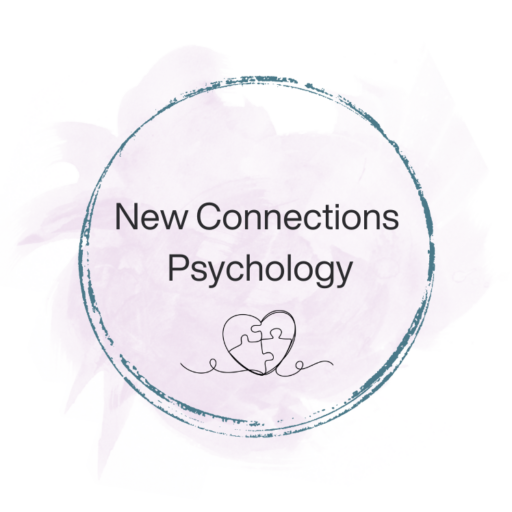Substance Abuse Counselling
Substance abuse counselling offers a safe and non-judgmental space for individuals who are struggling with alcohol or other drug use. Together, we explore what’s driving these patterns and work toward healthier ways of coping, with support tailored to your unique needs and pace. The goal is to help you feel more in control, reduce harm, and build a life that feels more balanced and meaningful.



